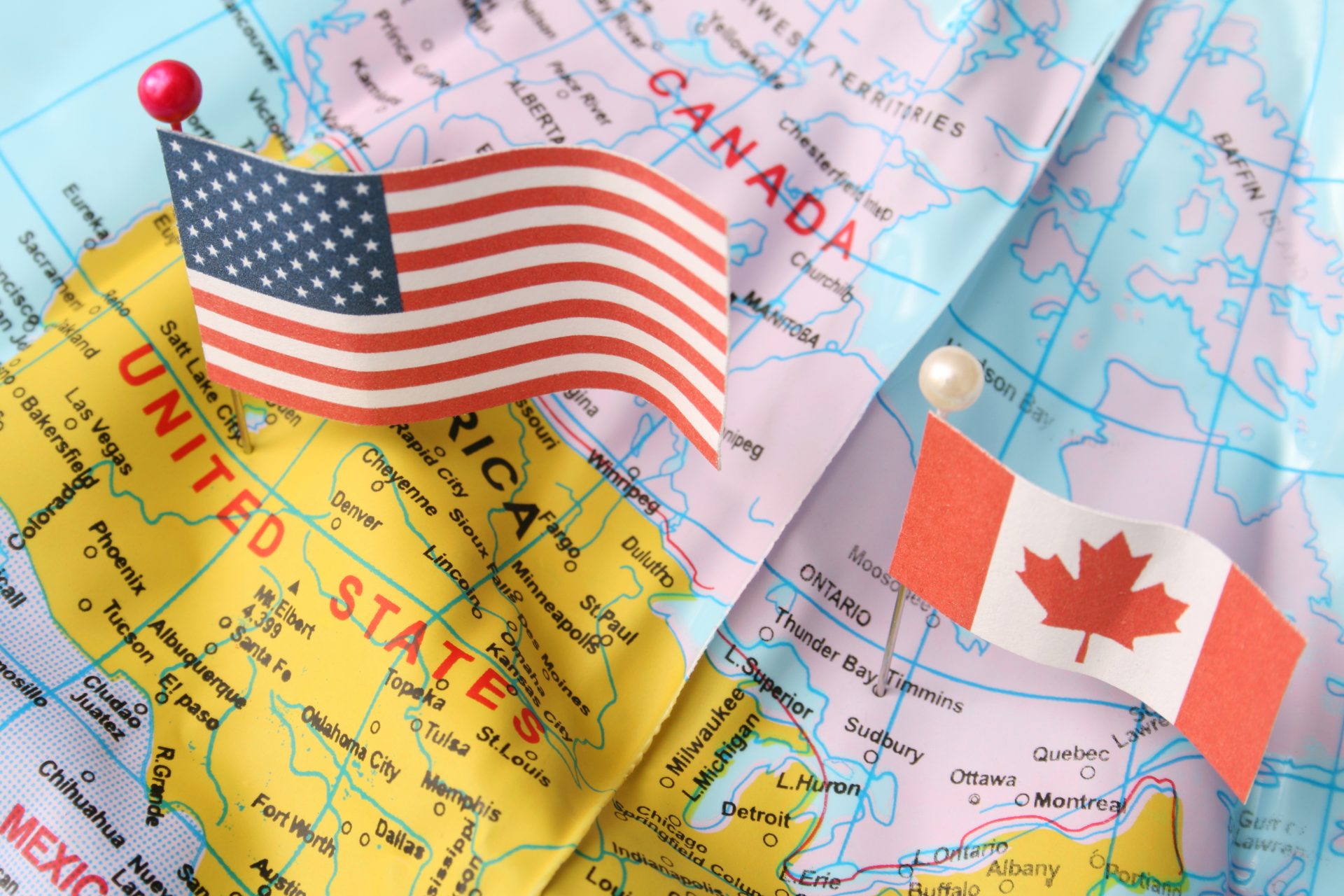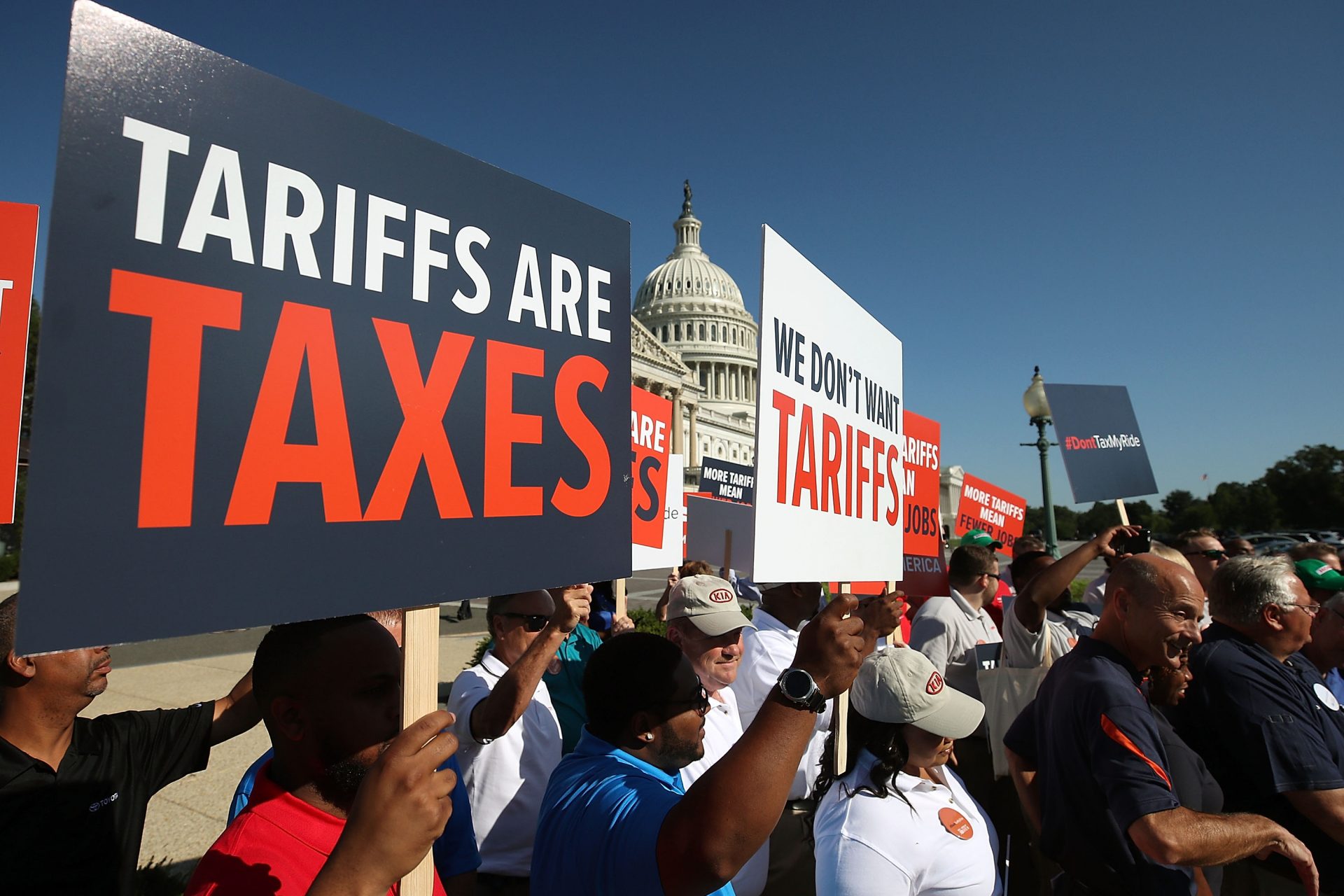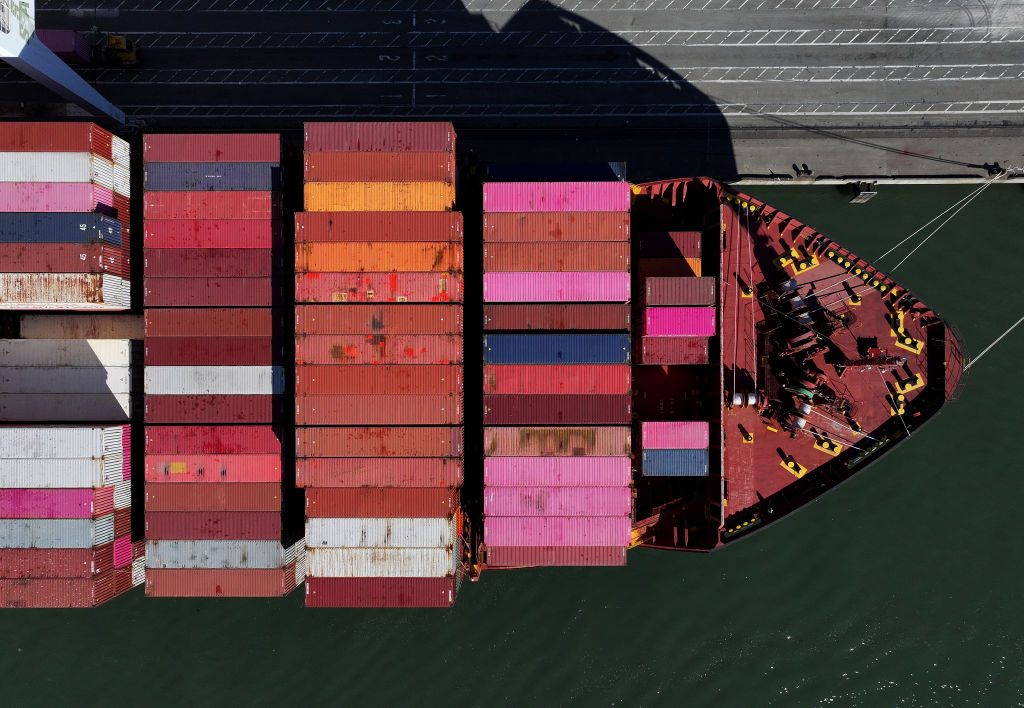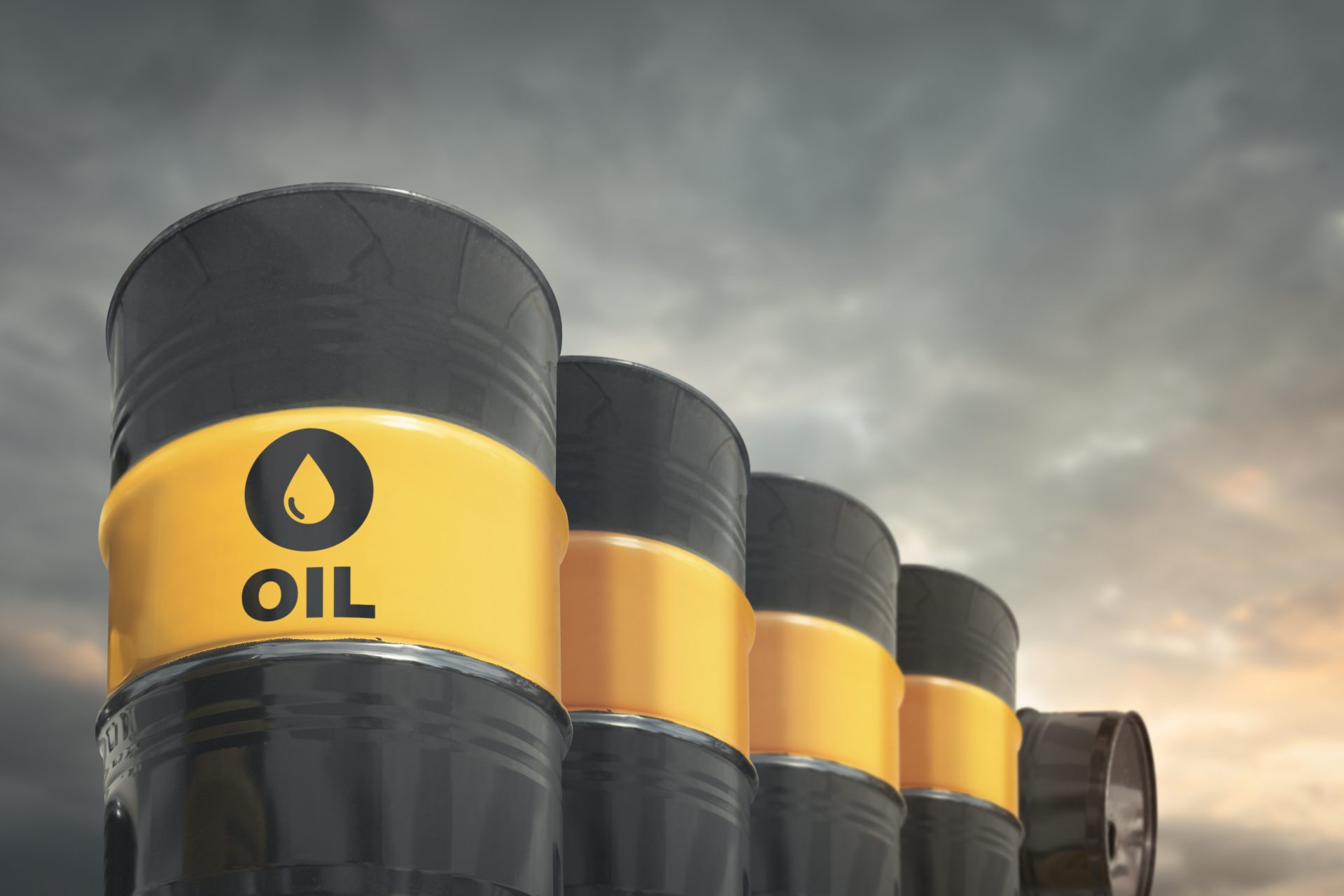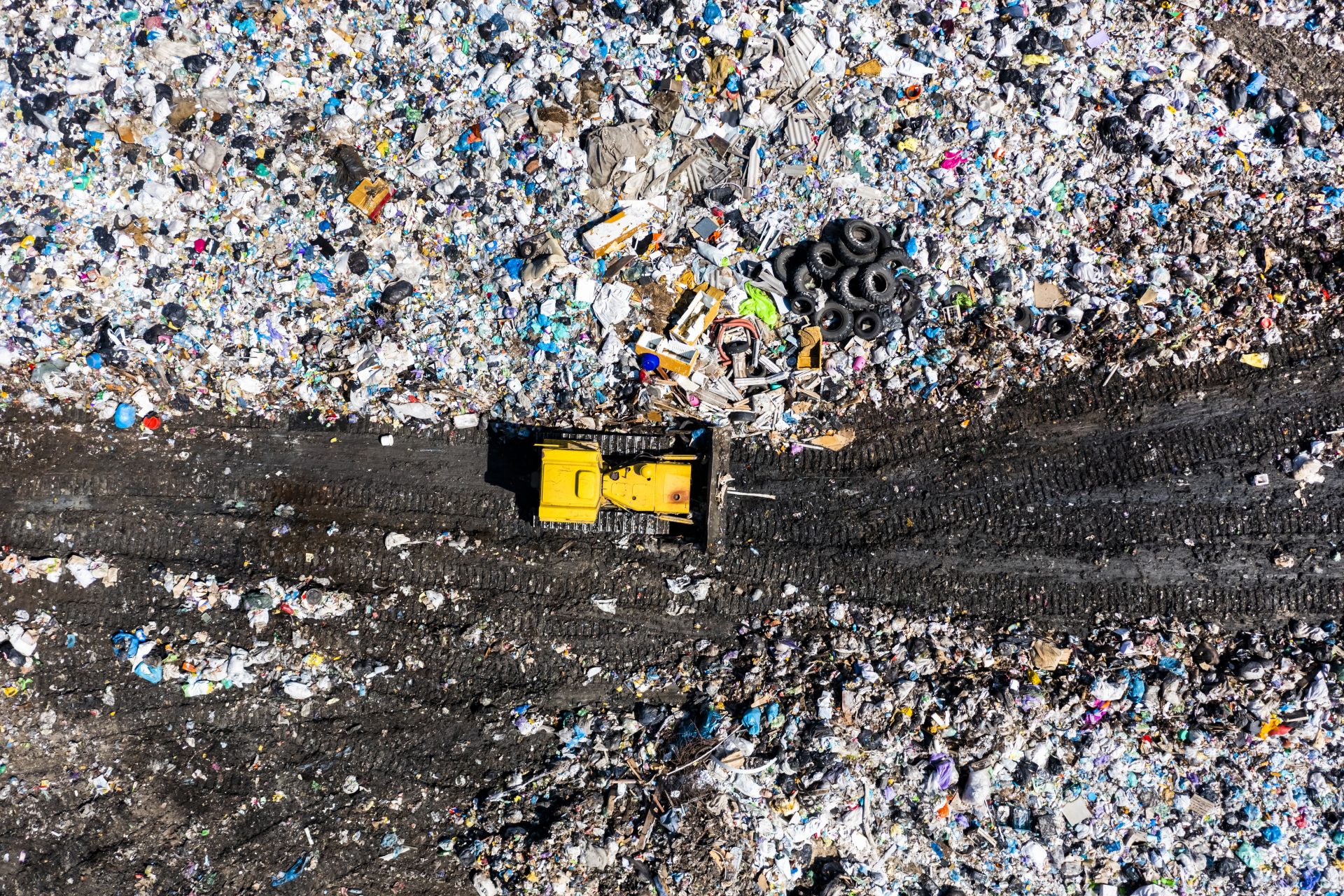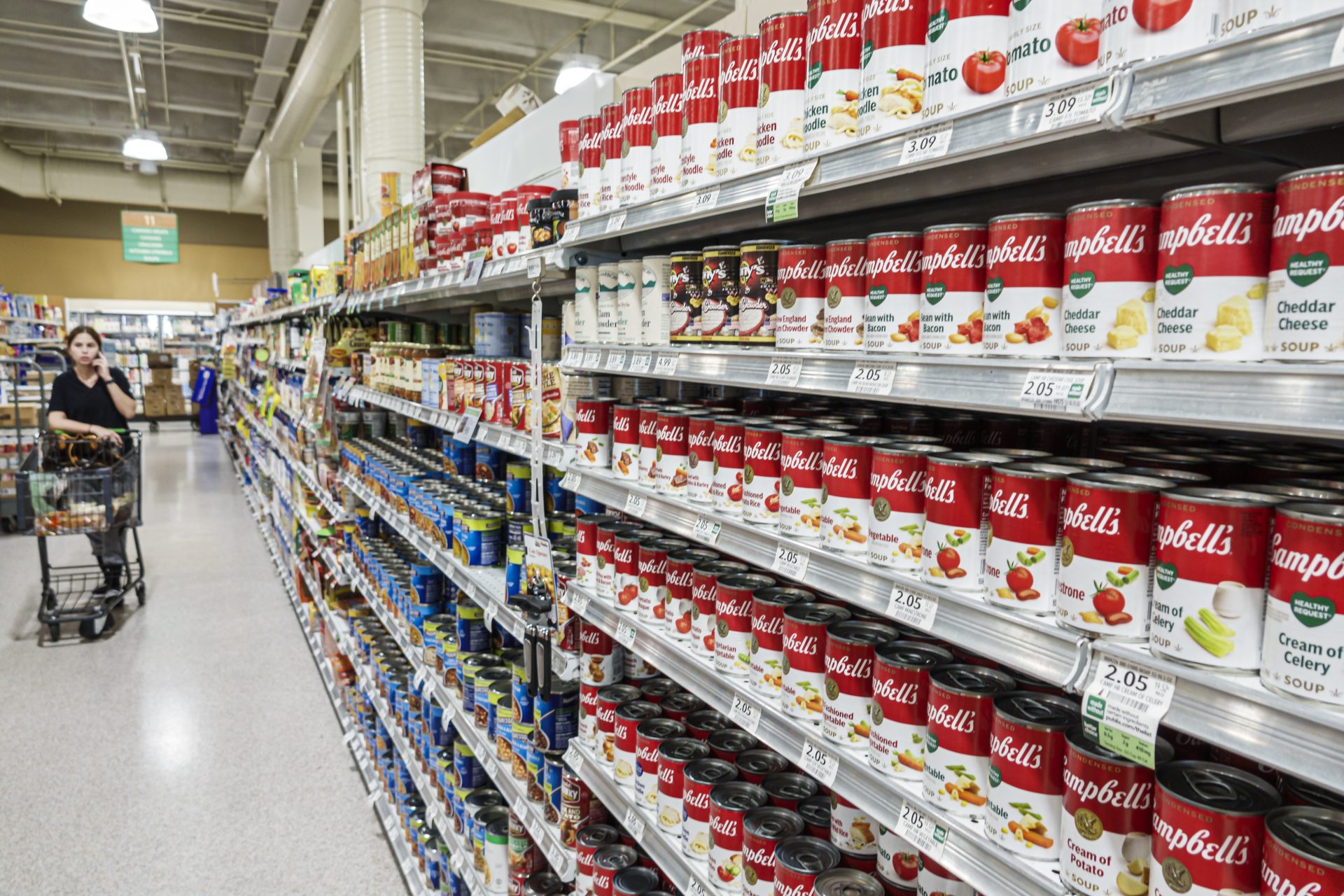How Canada could prevail against Trump in a trade war, according to experts
A potential 25% tariff on all Canadian imports to the United States poses a looming threat, as President Donald Trump contemplates his forthcoming strategies. The response from Canada remains uncertain, although solely retaliatory tariffs might prove insufficient.
According to Stuart Trew, a researcher with the Canadian Centre for Policy Alternatives, if Canada wants to respond to Trump’s tariffs then the country may need to retaliate with more than just its own tariffs on U.S. goods. But what did he propose?
In a January 17th article, Trew said that Canada can not reasonably push past the heavy-handed response Ottawa has already planned to counter Trump’s tariff threat because of the negative impacts any further action would have on Canada's economy.
A blanket 25% retaliation would see increasing consumer prices and worsening inflation as well as compounding costs for businesses that would chase away private investment in the economy. Instead, Trew proposed Canada should implement a mix of retaliatory tariffs and key export taxes.
Retaliatory tariffs would come in waves. According to a recent report from The Globe and Mail, Ottawa would begin with tariffs on roughly $37 billion worth of U.S. imports, which would be followed by a second wave of $110 billion in imports at a future date.
Trew suggested that what The Globe and Mail reported might be “as far as Canada is reasonably able to go in a tariff-based retaliation alone” and argued that adding critical export taxes on key items that are hard to replace could squeeze Trump and the U.S.
“Export taxes on U.S. imports of essential resources and industrial inputs would allow trade to continue through a trade war with the U.S., preserving Canadian jobs,” Trew explained. The one-two punch of targeted tariffs and export taxes could be a winning strategy.
“Contrary to what Trump said in Mar-a-Lago, the U.S. economy currently depends on many products from Canada that would be difficult for U.S. companies to source elsewhere,” Trew wrote, noting this would create leverage for Canada in its negotiations with Trump.
Export taxes are not the same as import duties (tariffs of other surtaxes) Trew explained. Tariffs are paid by the company importing a product from outside of a country while export taxes are used by countries to achieve various economic, environmental. or national security goals.
“Most often, export taxes are a means for securing domestic supplies of a good or commodity that is in high demand on the global market. However, they can also be a source of government revenues,” Trew explained.
On the shortlist of hard-to-replace commodities Canada could impose import taxes on includes things like Uranium, 27% of which is sourced from Canada according to the latest data from the U.S. Energy Information Administration.
Oil is another commodity Ottawa could earmark. Roughly 60% of U.S. crude oil comes from Canada and over 100 refineries in the United States have been specifically too tied to process the type of oil that American oil companies import from Canada.
Moreover, according to Trew, there are “no ready alternatives for this product outside of Mexico (which will presumably face similar tariffs to Canada) or Venezuela, which would be a non-starter for most Republicans and Democrats alike.”
The U.S. imports 70% of its unwrought and unalloyed aluminum from Canada. This makes the metal another great option for export taxes since companies in the United States need aluminum and can’t source the all-too-important metal elsewhere easily.
“Even a modest export tax on Canadian aluminum would send ripples through U.S. supply chains in transportation and construction reminding them of the interdependence of the North American market,” Trew explained.
The final option is potash, an essential component of fertilizer. Canadian potash makes up about 90% of U.S. potash, making the country’s Canadian source a key cog in America’s agricultural sector.
“This supply is so important for the U.S. agricultural sector—and alternate sources Russia and Belarus so politically poisonous—that it is likely Trump would exclude potash from potential tariffs on Canadian imports,” Trew noted.
Whether or not Ottawa will impose any export tariffs as a means to pressure the Trump administration in any future trade war has yet to be seen, but it is interesting to see that Canada may not be entirely helpless if it has to go to economic war with its biggest trade partners.
“The Trump administration needs to know there will be no benefit to the U.S. from future economic coercion against its North American allies,” Trew wrote. “Export taxes on energy would show Trump we are serious about defending our sovereignty.”
More for you
Top Stories



